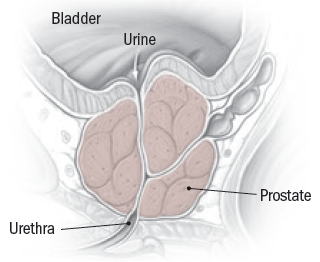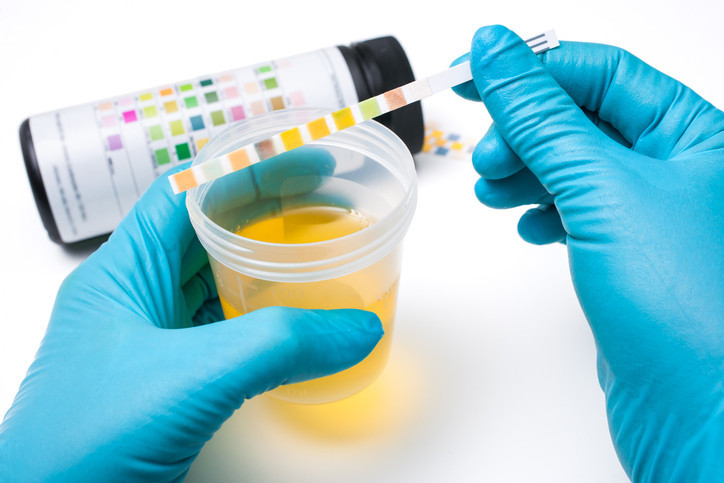
Less butter, more plant oils, longer life?

Healthier planet, healthier people

Counting steps is good — is combining steps and heart rate better?

Appendix pain: Could it be appendicitis?

Can saw palmetto treat an enlarged prostate?

How does Ozempic work? Understanding GLP-1s for diabetes, weight loss, and beyond

Zinc: What it does for the body, and the best food sources

Respiratory health harms often follow flooding: Taking these steps can help

Tips to leverage neuroplasticity to maintain cognitive fitness as you age

Can white noise really help you sleep better?
Bladder & Bowel Archive
Articles
New medication for urinary tract infections: Will it really help?
In 2024, the FDA approved the sale of pivmecillinam (Pivya), an antibiotic to treat urinary tract infections (UTIs) in women. When the drug becomes available in 2025, it will join the lineup of existing first-line antibiotic treatments for UTIs, such as trimethoprim/sulfamethoxazole (Bactrim) and nitrofurantoin (Macrobid). Doctors say having another treatment option on the same tier will be helpful, since some germs that cause UTIs have become resistant to existing antibiotics.
Tips for traveling with incontinence
Traveling long or short distances can be tricky for people who have incontinence. Certain strategies can help: avoiding bladder irritants (such as caffeinated or carbonated drinks), practicing urge suppression techniques, speaking with a doctor about medications that can ease an overactive bladder, wearing clothes with easy-to-use fasteners, wearing "bladder leak" underwear, packing important supplies such as a change of clothes or a portable urinal, using bathroom locator apps, and scheduling bathroom breaks.
Be a bladder boss
Frequent urination—defined as urinating more than eight times during the day or more than once at night—is believed to affect millions of Americans. Contributors can include drinking excessive amounts of liquid, substances that act as diuretics or bladder irritants, certain medications, pregnancy, aging, various medical conditions, and anxiety. People should consider seeing a doctor if lifestyle changes don't reduce the number of times they urinate each day.
The colonoscopy diet
It's a good idea to eat a certain diet before and after a colonoscopy. Eating a low-fiber diet a few days before the procedure helps move foods through the colon quickly, which can make colon prep easier. On the day before the procedure, it's important to consume only clear liquids (such as broth or bouillon, black coffee, plain tea, clear juices, clear soft drinks or sports drinks, Jell-O, and popsicles). After the procedure, it's safe to resume a normal diet. But eating too much fiber too quickly might cause gas, bloating, and discomfort. It might be wisest to restart a normal fiber-rich diet gradually.
Antidepressant may help manage irritable bowel syndrome symptoms
A 2023 study suggests that taking low doses of amitriptyline, a tricyclic antidepressant also used to treat nerve pain, may be one of the best pharmacologic choices to help improve symptoms of irritable bowel syndrome.

Less butter, more plant oils, longer life?

Healthier planet, healthier people

Counting steps is good — is combining steps and heart rate better?

Appendix pain: Could it be appendicitis?

Can saw palmetto treat an enlarged prostate?

How does Ozempic work? Understanding GLP-1s for diabetes, weight loss, and beyond

Zinc: What it does for the body, and the best food sources

Respiratory health harms often follow flooding: Taking these steps can help

Tips to leverage neuroplasticity to maintain cognitive fitness as you age

Can white noise really help you sleep better?
Free Healthbeat Signup
Get the latest in health news delivered to your inbox!
Sign Up











